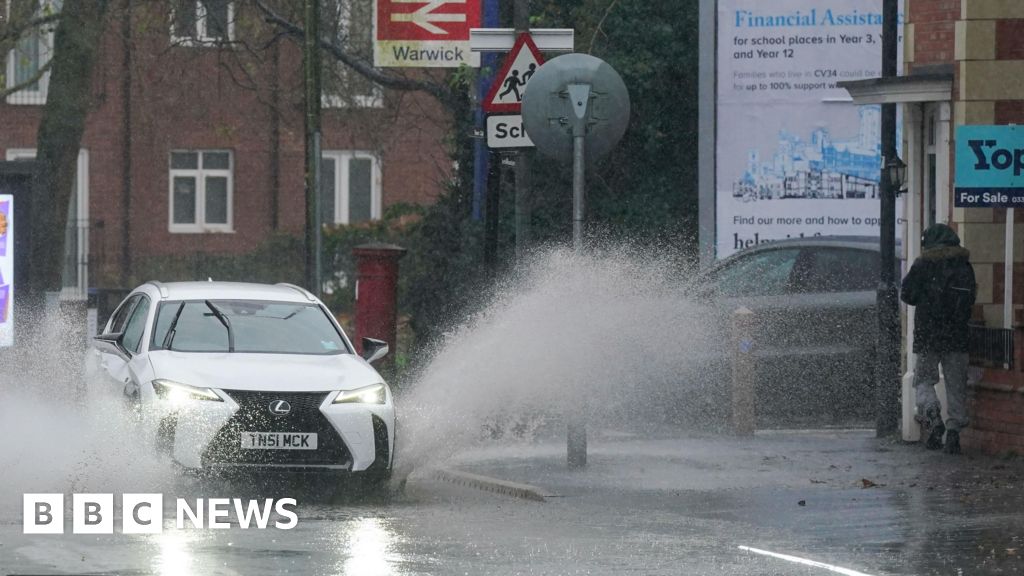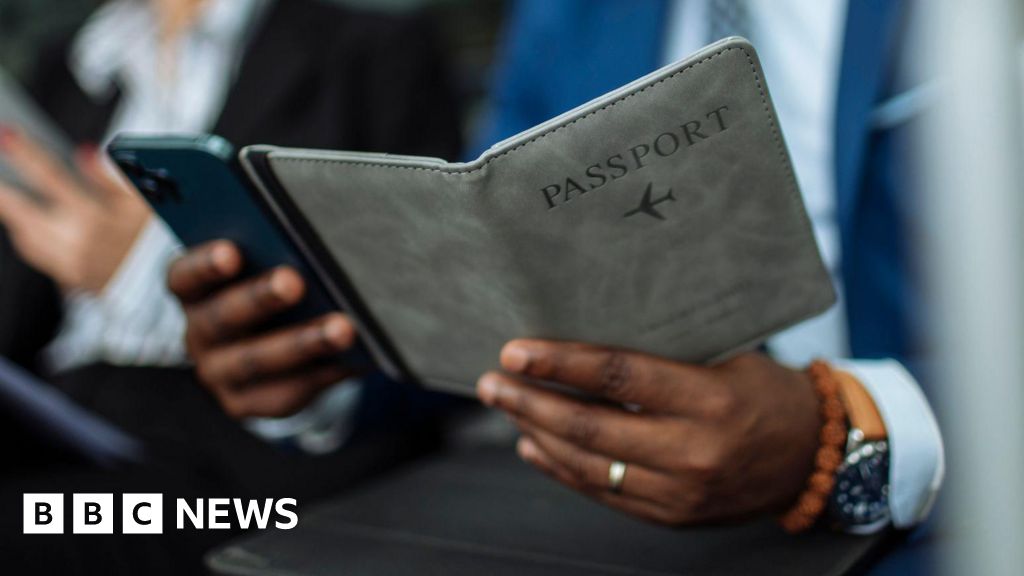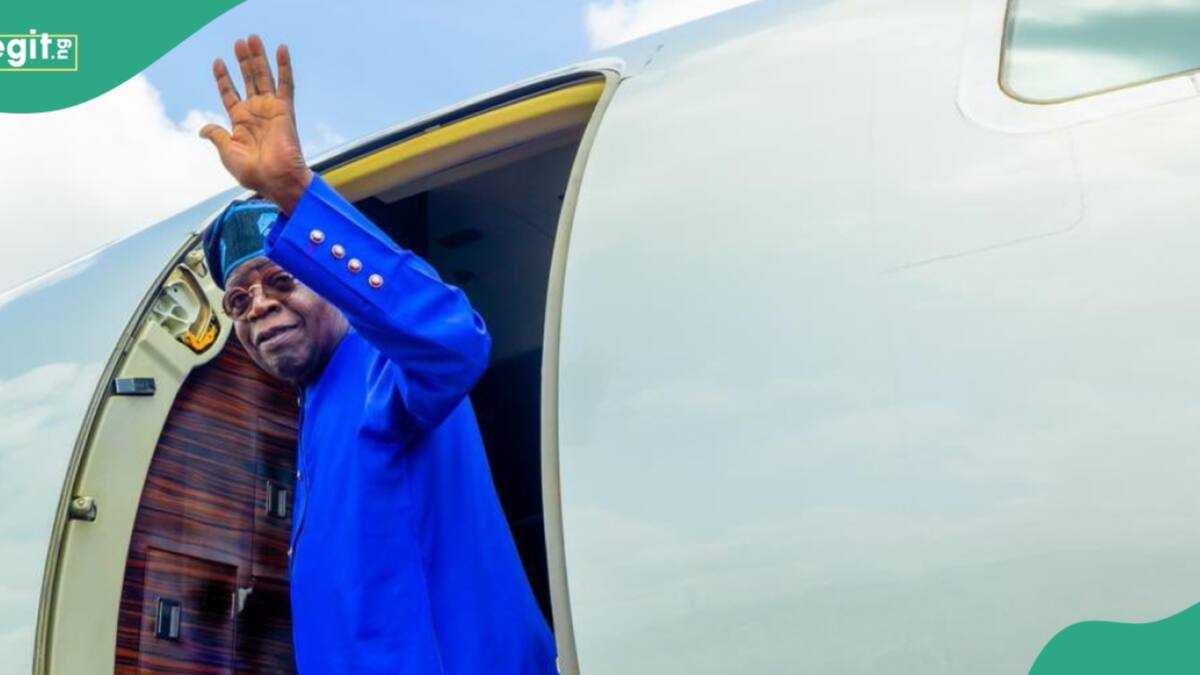
Chief of Defence Staff, Gen. Christopher Musa
The Chief of Defence Staff, General Christopher Musa, stated on Tuesday that logistical supplies and the support provided by informants are major obstacles in the fight against terrorism.
He also highlighted the increasing use of Improvised Explosive Devices by terrorists as a significant challenge in the counter-insurgency campaign.
Speaking at a two-day Security and Justice Symposium organised by the National Counter-Terrorism Centre, Musa described informants and logistics as the “oxygen” of terrorism, which must be eliminated to end the menace.
The CDS emphasised that Nigeria’s security challenges could be better addressed by ensuring inclusiveness and fairness for all citizens.
He said, “All the challenges we are facing today relate to justice, securing peace, ensuring fairness, equity, and accountability. There will be no peace if there is no justice in any society.
“For us in the Armed Forces, our primary operational challenge has been IEDs. These have been a persistent issue since the onset of the insurgency. We are exploring innovative solutions to address this threat.
“We also need to tackle the issue of informants. These individuals are pivotal to the terrorists’ operations. Denying them logistical support and funding is critical. As the theatre commander in the Northeast, we discovered that cutting off their logistics weakened them significantly. This strategy led to the surrender of nearly 200,000 individuals.
“If we replicate this strategy nationwide, we will achieve excellent results. Teamwork among all security agencies is also crucial for success.”
Musa stressed the importance of public collaboration, noting that strategic communication between the military and citizens was vital.
He said, “We cannot achieve this alone. Citizens must be sensitised, which requires effective strategic communication. Miscommunication can skew perceptions, even if the right actions are being taken. The enemy capitalises on this, so we must address it.
“We also need international partnerships and collaboration with neighbouring countries to effectively counter these challenges.”
The National Security Adviser, Nuhu Ribadu, described the symposium as a crucial platform for dialogue and collaboration among security and justice institutions.
He said, “This symposium provides an avenue to review existing frameworks, evaluate institutional practices, and establish collaborative mechanisms. It aims to foster a safer and more just society by strengthening the relationship between military operations and law enforcement, protecting civilians, and countering IEDs through a unified approach.
“Our goals are ambitious but entirely achievable.”
The British High Commissioner to Nigeria, Richard Montgomery, noted that Nigeria’s and Africa’s security challenges were complex and required multifaceted solutions.
He commended the Nigerian government for adopting both kinetic and non-kinetic strategies in the fight against terrorism.
Montgomery said, “I am encouraged by General Musa’s focus on civil-military collaboration and the integration of kinetic and non-kinetic approaches. This reflects valuable lessons emerging from Nigeria’s leadership in security matters, and it is inspiring to work alongside them.”

 1 hour ago
1
1 hour ago
1














 English (US) ·
English (US) ·